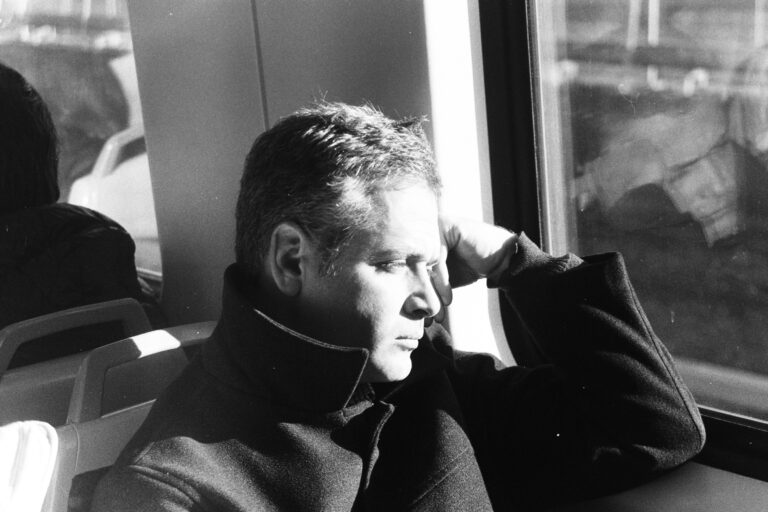How RTT Works: A Deep Dive into Rapid Transformational Therapy
“Rapid Transformational Therapy reaches deep into the subconscious, where habits and beliefs are formed, to ignite real and lasting change.” – Sanj Katyal
Rapid Transformational Therapy (RTT) is a powerful approach to therapy designed to bring about rapid and lasting change in mental and emotional health. Created by Marisa Peer, RTT combines the most effective principles of hypnotherapy, psychotherapy, neurolinguistic programming (NLP), and cognitive behavioral therapy (CBT).
By working with the subconscious mind, RTT helps clients identify and address the root causes of their issues, allowing them to make significant shifts in beliefs and behaviors.
Let’s explore the science, methodology, and real-life applications that make RTT such an effective approach for those looking to make meaningful changes.

The Science Behind RTT: How It Works
The foundation of RTT lies in understanding how the subconscious mind stores memories, emotions, and beliefs. Often, the habits and patterns that shape our daily lives originate in the subconscious and are rooted in childhood experiences or other past events. RTT sessions involve entering a relaxed, trance-like state to access the subconscious mind directly, identifying the origin of specific issues, and reprogramming those limiting beliefs with new, empowering ones. This process helps to “rewire” the brain, supporting long-lasting mental and emotional shifts.
RTT achieves remarkable results because it goes beyond managing symptoms. Instead of focusing solely on behavioral changes, RTT aims to address the core beliefs driving those behaviors, helping clients break free from long-standing cycles and patterns. This is especially valuable for those dealing with deeply ingrained habits or chronic emotional pain that hasn’t responded well to other therapeutic methods.
RTT for Screen and Other Addictions in Young Adults
In today’s digital age, screen addiction has become a common challenge, particularly among young adults. Excessive screen time can lead to issues like poor concentration, depression, anxiety, and even physical health problems. RTT works by targeting the subconscious drivers of addiction, such as feelings of inadequacy, social anxiety, or escapism, and replacing them with healthier beliefs and coping mechanisms. During RTT sessions, young adults can recognize the roots of their dependence on screens or other addictive behaviors and build a new framework for how they view themselves and interact with the world. This has helped many break free from the grip of addiction, cultivating healthier relationships with technology and themselves.


RTT for Athletic and Academic Performance
Performance in sports or academics isn’t just about physical or intellectual skill—mental resilience and confidence play a critical role. RTT has proven effective in enhancing both athletic and academic performance by removing mental blocks, reducing performance anxiety, and building positive beliefs around one’s abilities.
RTT allows individuals to identify and transform any limiting beliefs or self-doubt that might hold them back. For athletes, this could mean overcoming a fear of failure or injury, while students may conquer self-doubt or procrastination, giving them the confidence to perform at their best.
RTT for Parent-Teen Dynamics
The teenage years often bring challenges in family dynamics, as teenagers seek independence while parents try to provide guidance and set boundaries.
RTT can significantly improve the relationship between parents and teenagers by helping both parties understand and transform subconscious beliefs that lead to misunderstandings or conflict.
By addressing issues like insecurity, resentment, or fear, RTT fosters mutual respect and understanding, allowing both parents and teens to communicate more openly and effectively.
Parents can shift from a reactive mindset to one that encourages connection while teenagers develop the self-confidence and clarity needed to navigate this transformative stage of life.

Rapid Transformational Therapy has proven effective across a variety of life areas by providing rapid relief and lasting changes. For those interested in a transformative approach to mental health, RTT may be the solution.









